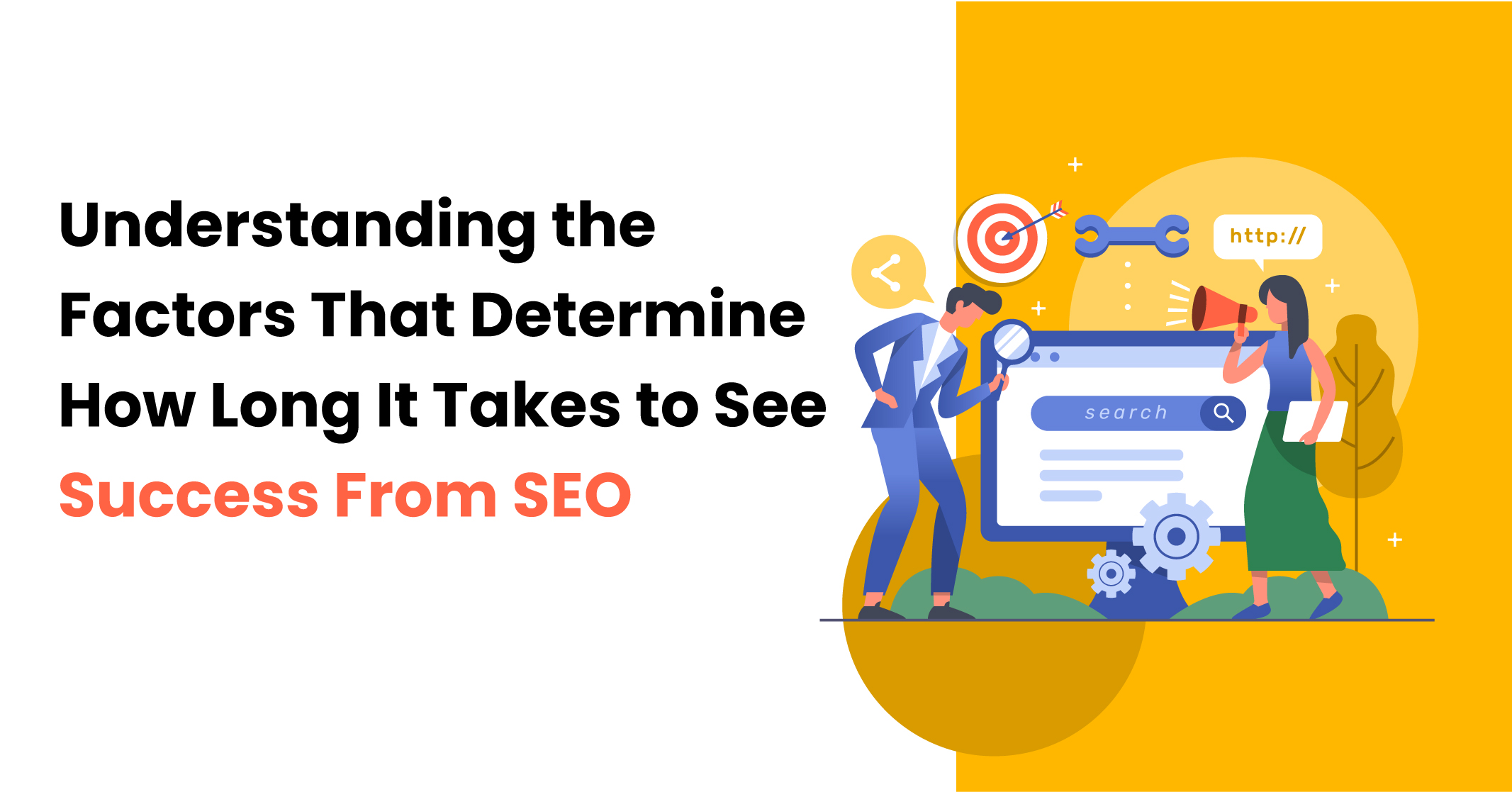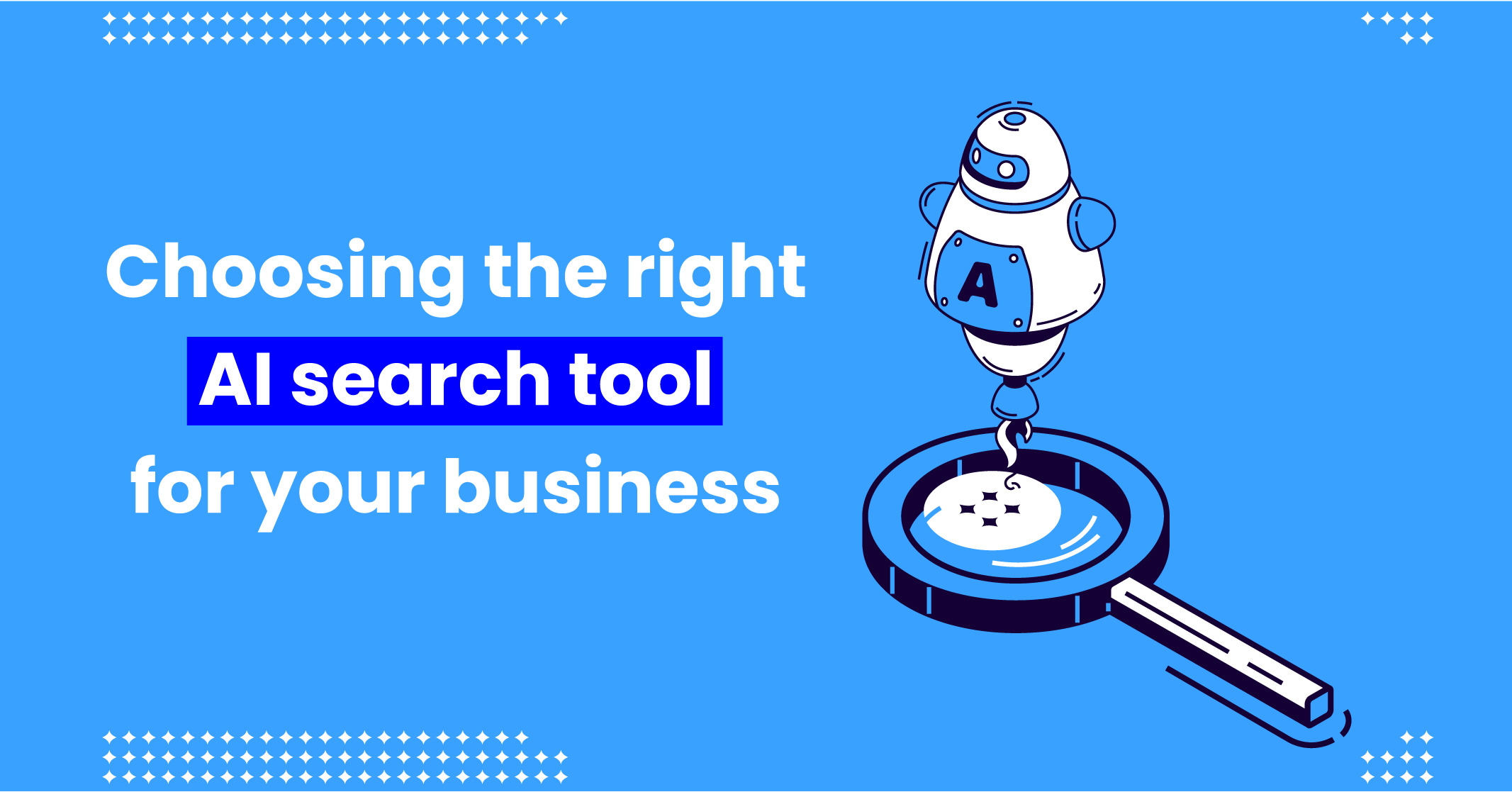I hope you enjoy reading this blog post.
If you want to get more traffic, Contact Us

Click Here - Free 30-Minute Strategy Session
Be quick! FREE spots are almost gone for this Month. Free Quote

The importance of search engine optimization in driving traffic and boosting online visibility is well-known. Whether you own a company or a business online, you can use SEO marketing to drive success. Several factors determine how quickly or slowly you can achieve SEO success.
In this blog, you will get to explore the various factors that can affect your SEO success, including technical and content SEO factors, SEO marketing strategies, tools to track progress and success and common mistakes to avoid.

Click Here – Free 30-Minute Strategy Session
Be quick! FREE spots are almost gone for this Month
Are you wondering how long it takes for SEO to deliver results?” This is a highly discussed topic within the industry as businesses are eager to know when they can expect to see returns on their investment. Unlike paid media, SEO does not yield immediate results.
So, what is the typical duration required to see SEO success? In this blog, we will address this question and analyse the factors that influence the time taken to achieve results through SEO.
Learn More: How to Get Top SEO Ranking
Before determining the duration required to see SEO results, it is essential to establish what constitutes SEO success. To measure the results accurately, you need to consider a few SEO factors using which you can easily set campaign goals and KPIs. Goals refer to the desired outcomes, while KPIs are metrics used to measure progress towards achieving those goals. These measures of success are crucial to evaluate the efficacy of SEO efforts.
Typically, goals and KPIs involve achieving a specific revenue increase over 12 months, along with growth in organic traffic, visibility, impressions or rankings. However, setting goals must be realistic and measurable. In this guide, we will focus on the time taken to observe results across core KPIs, understanding that goals may vary depending on the business and several other factors.
Learn More: 12 Top SEO KPIs

Expect to see measurable results from SEO strategies within a 6 to 12-month period, such as an increase in traffic, leads or conversions. While this does not necessarily mean achieving the desired goal, businesses investing in SEO should anticipate progress within this timeframe.
The actual time taken to see results may vary depending on the following factors:
With a well-defined strategy in place, 6 to 12 months is a reasonable period to observe the impact of SEO and justify continued investment in growth.
Learn More: 7 Reasons Why Investing in SEO
Website History: One of the primary factors that influence the time it takes to see SEO results is the age and history of the website. A new domain typically takes longer to achieve success as it lacks authority and backlinks. A new domain can take up to 9-12 months to see results, while an established domain may have some level of authority and backlinks, which can help see quicker results.
However, a previously personalised or algorithmically affected domain may not see fast results despite being established.
What To Do?
When it comes to technical SEO, it is crucial to understand a website’s history and SEO tools can help get an estimate of a site’s traffic trends over time. However, it’s important to note that projections are usually based on a website with no prior issues or declines in visibility.
Competitive Analysis: The speed at which results are achieved in SEO varies depending on the level of competition in the niche and the search queries. In less competitive niches and search queries, you can expect to see results more quickly than in highly competitive ones.
What To Do?
Consider not just the Keyword Difficulty but also how your competitors attained their current position and the strategies they use to maintain their visibility. Your strategy and projections must consider the level of competition, including the aggressiveness of your competitors’ strategies. A useful starting point for estimating the competitive gap is to use the Keyword Gap Tool to see how you perform against up to four competitors.
Allocate resources wisely: Controlling a website’s history or the competition is beyond your control but what you can influence is the number of resources allocated to an SEO campaign. Understanding how resources impact the time it takes to achieve results is crucial. Generally, the more resources you devote to SEO, the faster you can expect to see results.
What To Do?
Allocate more resources to a project to shorten the time. Create a backlog of action items at the outset of a campaign, outlining all opportunities and actions and then prioritising them based on the available resources. This approach can highlight opportunities that may be expedited with additional investment.
There are three main pillars of SEO success, and each of them can affect the time it takes to achieve results. Let’s explore these pillars.
The first pillar is Technical SEO. If a website has technical SEO issues, it needs to address them before it can achieve growth. Technical SEO covers areas such as:
The second factor is content. You may have heard the saying “content is king,” and content indeed remains one of the top three ranking factors for Google. Google’s main goal is to provide the best possible search results for a user’s query. Creating high-quality content using SEO that meets the searcher’s intent should be a top priority. Analyse the existing content that ranks well for the target keyword and identify ways to create even better content. Publish poor or mediocre content can result in a longer wait to see results, while well-planned and valuable content can help your website rank faster.
Build Backlinks: Backlinks are one of the top 3 ranking factors for Google, just like content. They are a measure of trust and popularity and can significantly boost a website’s rankings. Essentially, backlinks are like votes of confidence between two sites. It takes time and usually involves creating exceptional content that people will want to link to. Closing a significant link gap with competitors can also take time. Keep in mind that not all links are equal and high-quality links can drive rankings faster than lower-quality ones.
Monitoring: Continuously monitor your site’s performance after implementing your SEO strategy to ensure that you’re seeing the desired results. SEO is not a one-time action; it requires consistent reporting and maintenance to succeed. Approach SEO strategy as an ongoing effort and consider it as a long-term investment to justify your resources.
Important Thing to Keep in Mind:
The speed of your results will depend on your website’s specific circumstances, such as technical issues, content quality and the strength of your link profile. Therefore, it’s essential to closely evaluate these factors before making any projections on the timeline for success.

Larger businesses may require more advanced features, such as analysing context and learn from user behaviour.
If your business deals with complex queries, such as natural language queries, you may require an AI search engine tool that can handle these types of queries.
While some AI search tools are free, others may require a subscription or purchase. You should consider the cost and benefits of each AI search tool before deciding.
While technical SEO factors are critical, content SEO factors are equally important when it comes to achieving SEO success. Content SEO refers to the quality and relevance of the content on your website and how well it matches searchers’ intent.
What To Do?
Assess and review the following content SEO factors:
Learn More: Ultimate Guide to SEO Content Creation

Having a solid SEO marketing strategy is essential for achieving SEO success. Your SEO strategy should align with your overall business goals and include on-page and off-page optimization tactics.
At Traffic Radius, we can help you implement effective SEO marketing strategies using which you can create a customized content marketing plan. We can also help you publish high-quality and relevant content for your audience.
The million-dollar question is, how long does it take to see success from SEO? Unfortunately, there is no one-size-fits-all answer to this question, as several factors can affect how quickly or slowly you see SEO success. Some websites may see results in a matter of weeks, while others may take several months or even years to achieve their SEO goals.
Some of the factors that can affect the timeline for SEO success include:
In addition to the factors mentioned above, several common mistakes can delay your SEO success.
In conclusion, achieving SEO success requires a combination of technical and content-related tactics, a solid SEO marketing strategy and the use of SEO tools to track progress and success. While there is no magic formula for achieving SEO success overnight, focusing on the factors mentioned in this article can help you improve your website’s relevance, authority and user experience and ultimately drive more organic traffic and revenue to your business.
Looking to take your website’s SEO to the next level? Or do you need help implementing your business’s next SEO strategy? Traffic Radius is an experienced SEO agency. We can help you develop a comprehensive strategy and allocate the necessary resources to see results. Contact us today to learn more about our services and pricing.

LEAVE A REPLY